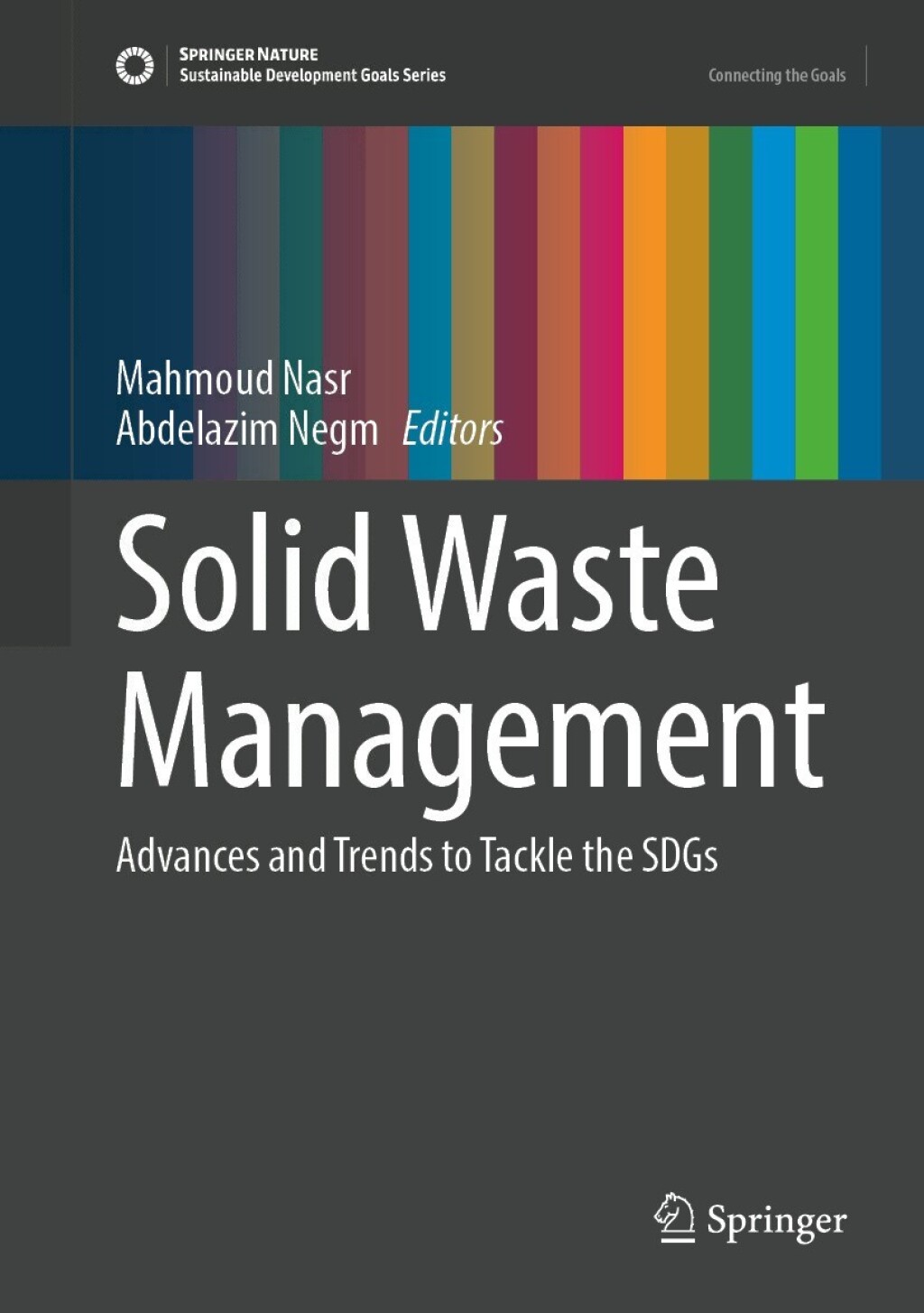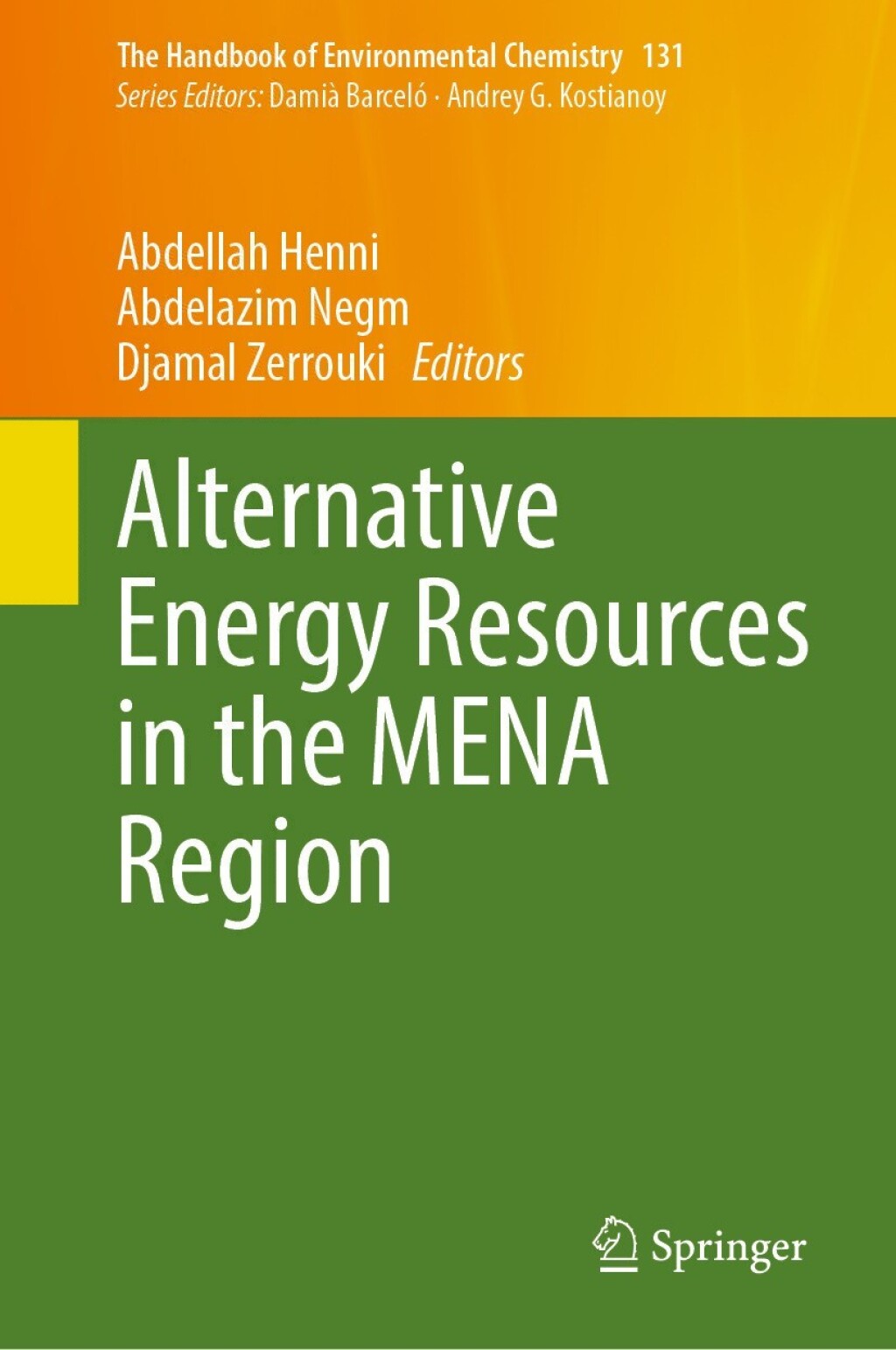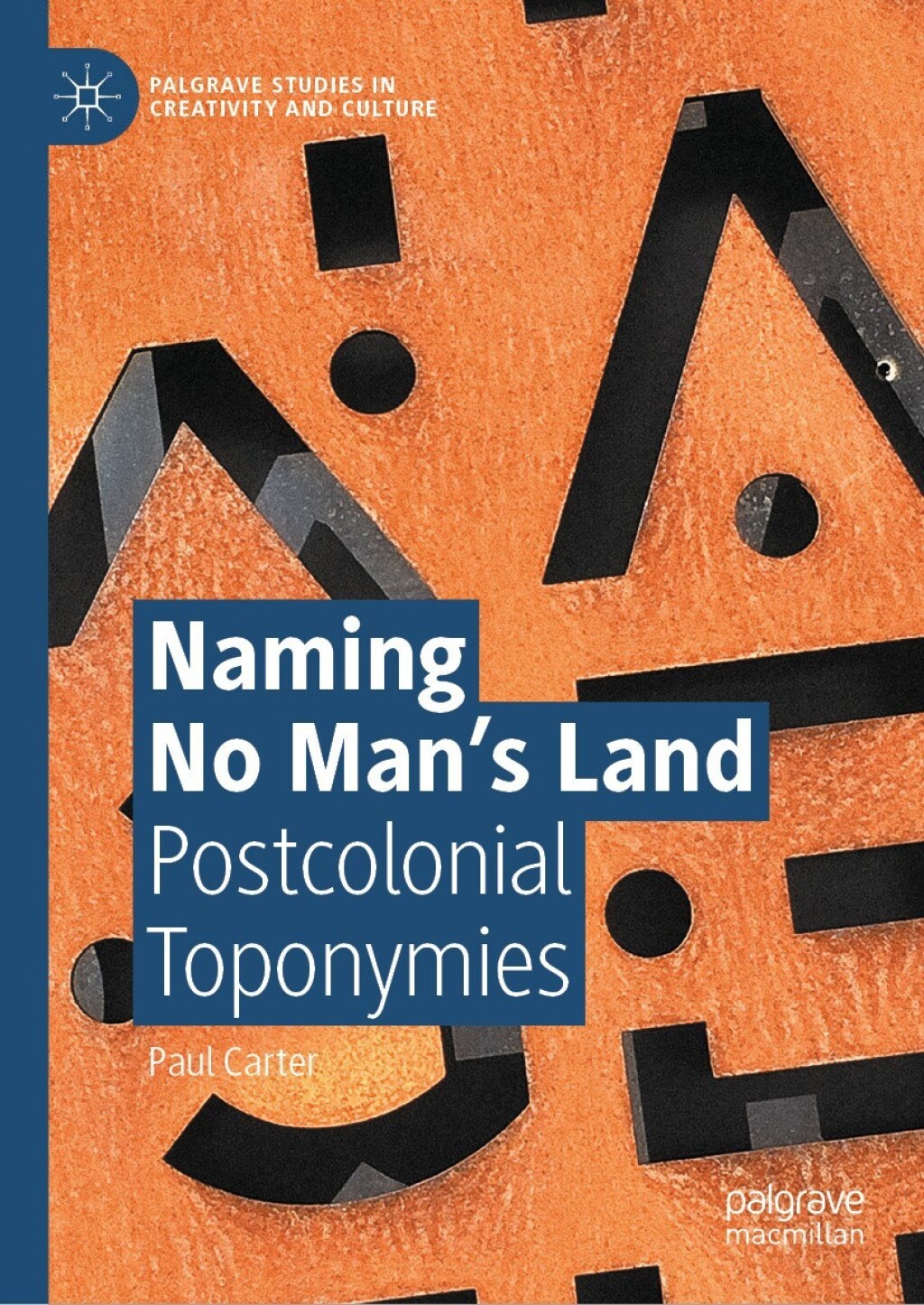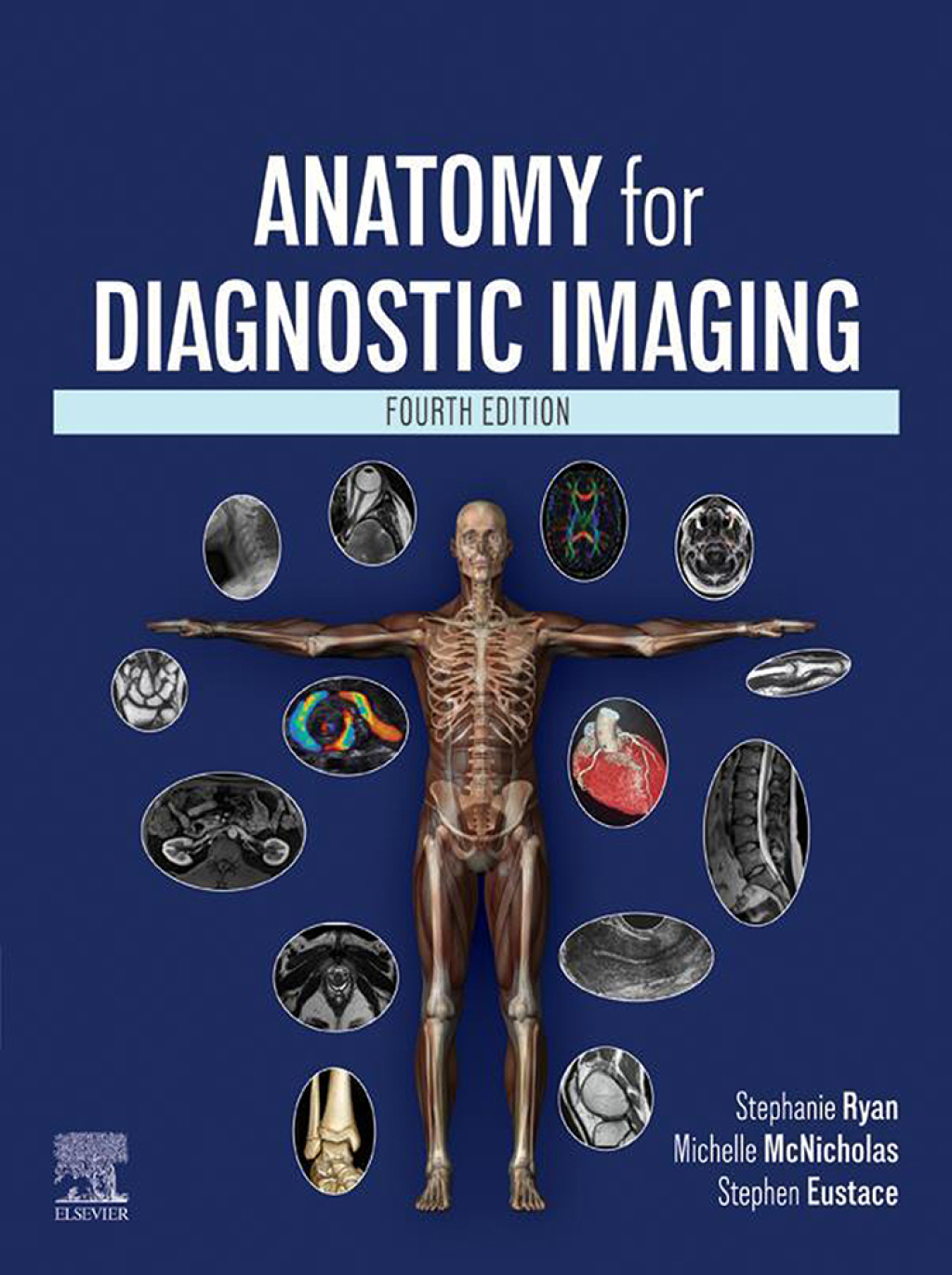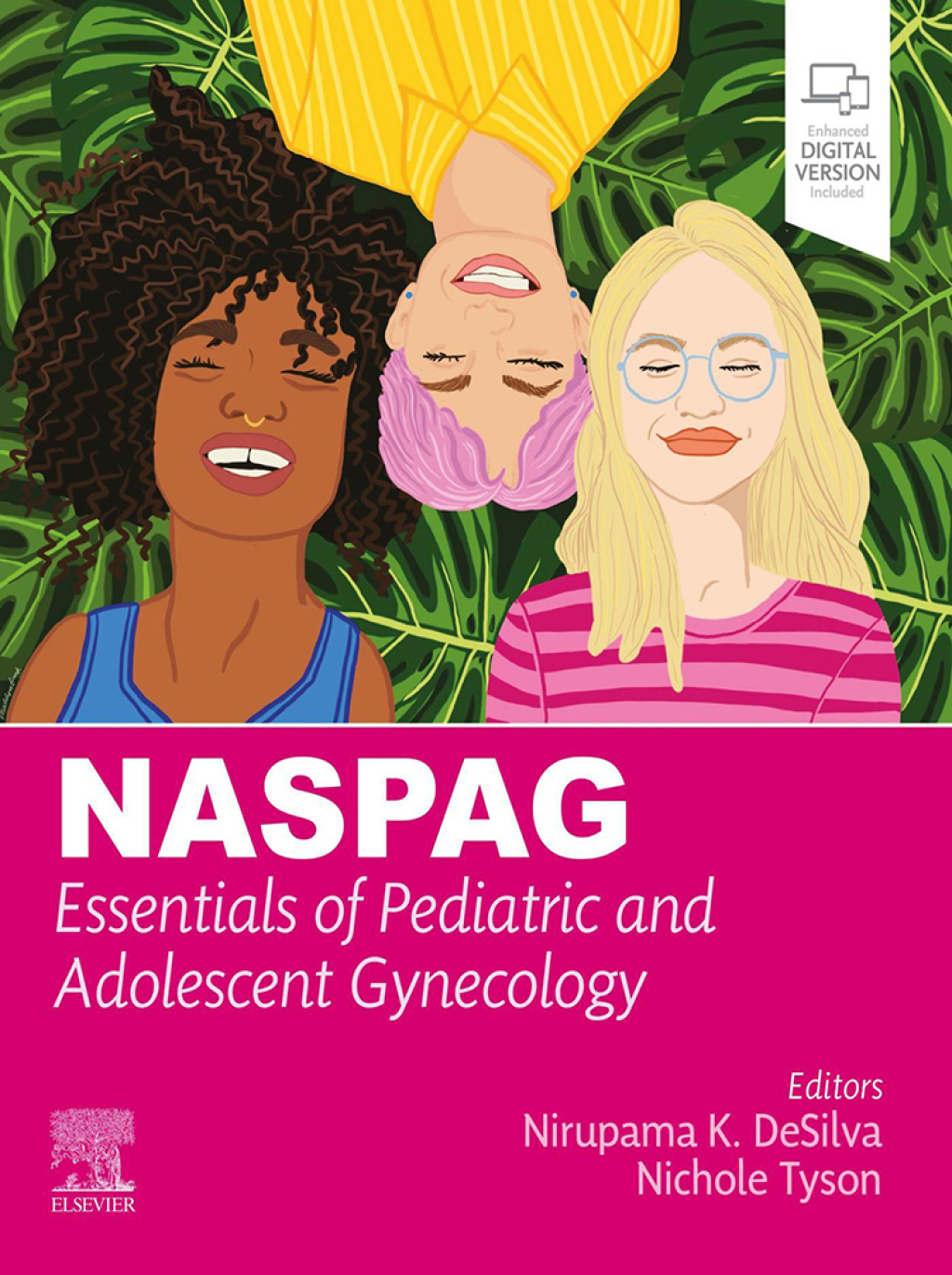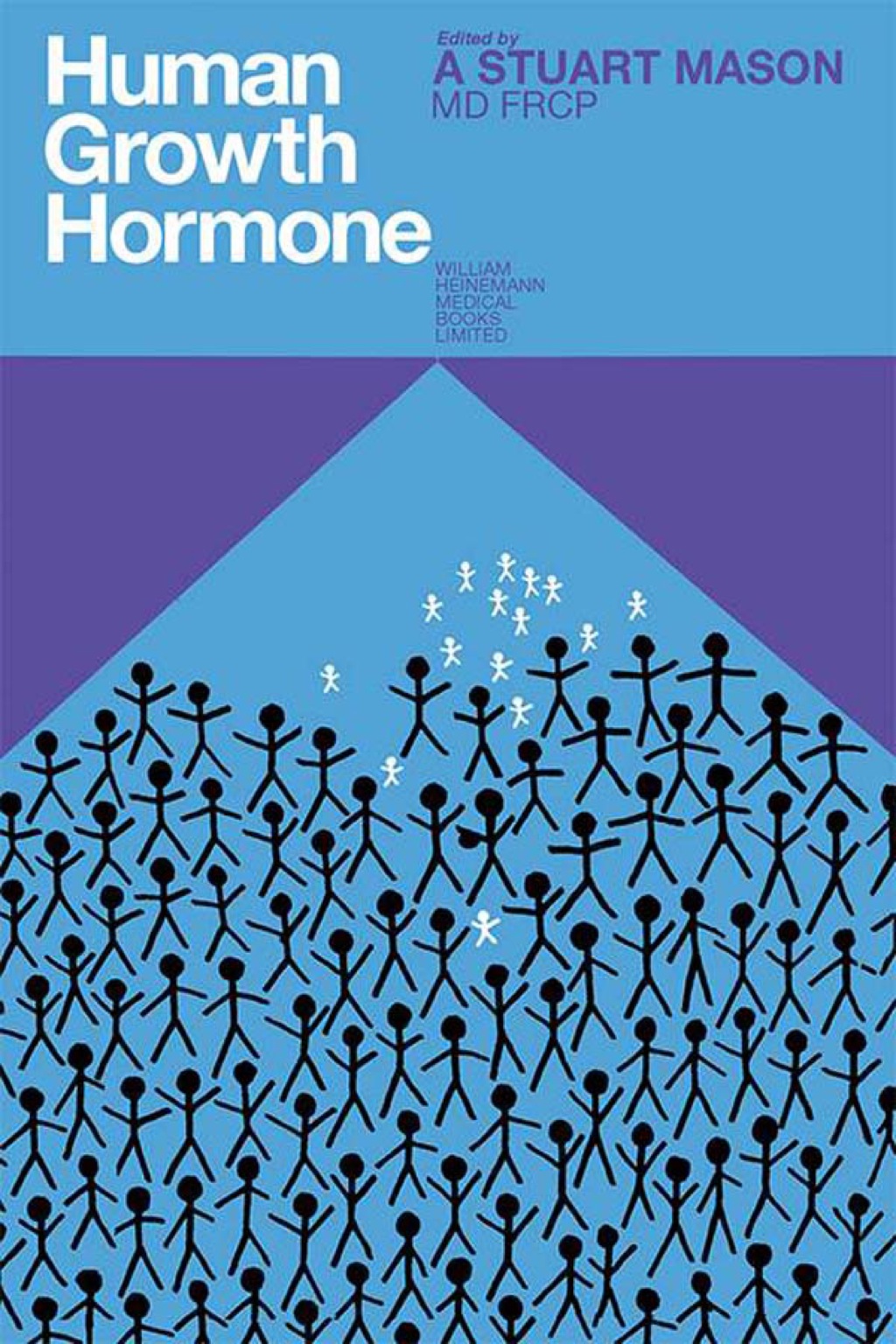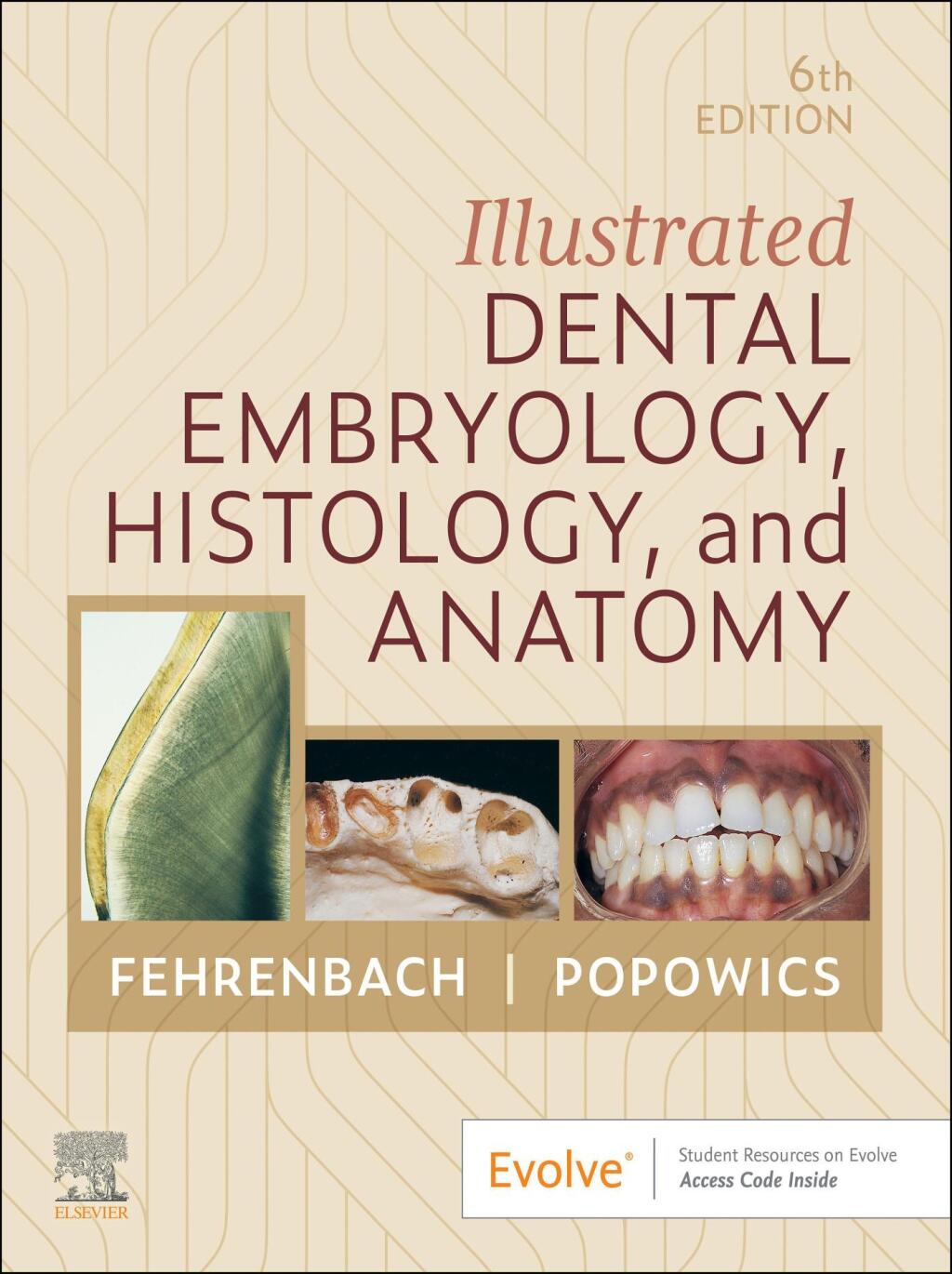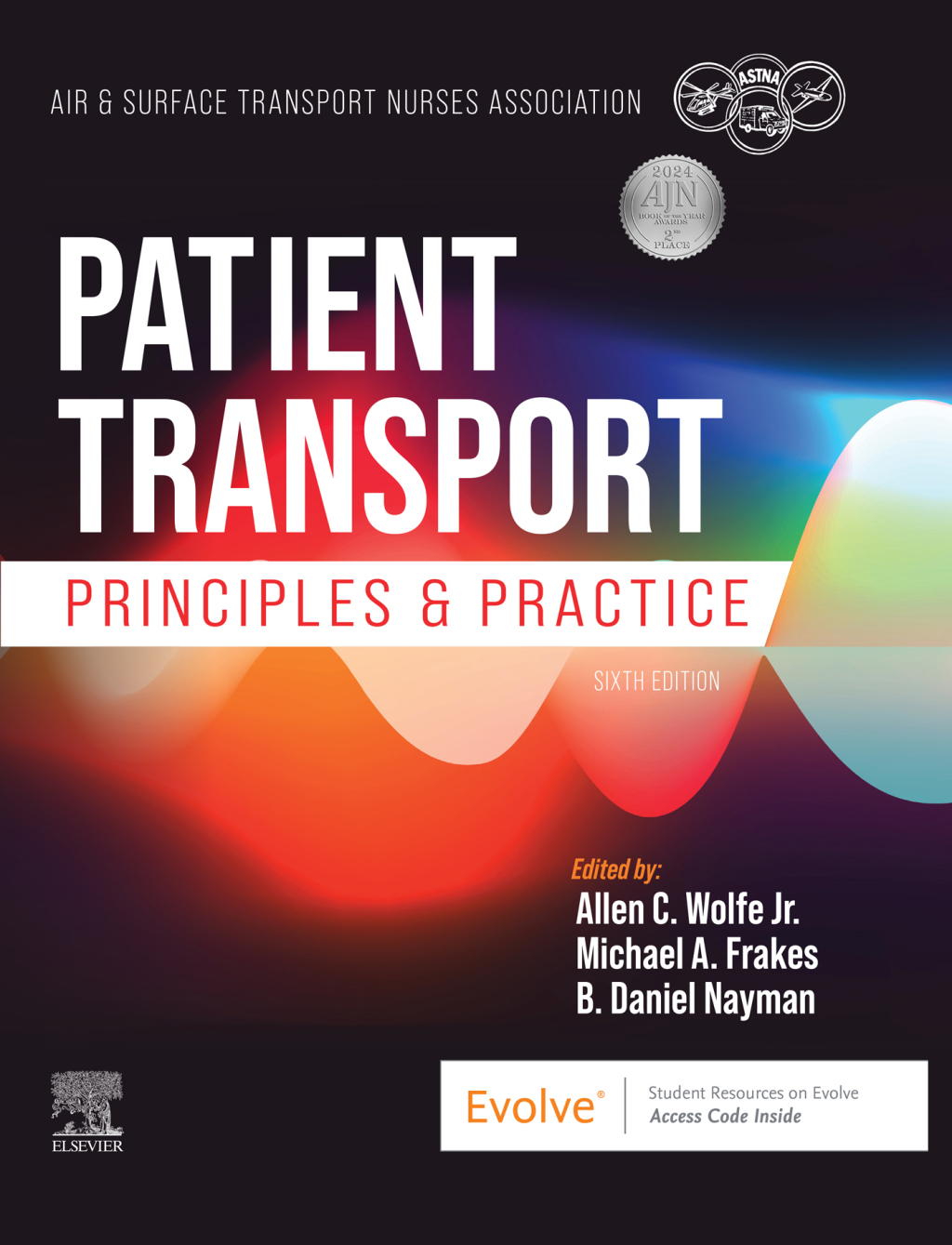Naming No Man’s Land Postcolonial Toponymies
Author(s): Paul Carter
Publisher: Palgrave Macmillan
ISBN: 9783031606878
Edition:
$39,99
Delivery: This can be downloaded Immediately after purchasing.
Version: Only PDF Version.
Compatible Devices: Can be read on any device (Kindle, NOOK, Android/IOS devices, Windows, MAC)
Quality: High Quality. No missing contents. Printable
Recommended Software: Check here
Important: No Access Code
Description
This book is a practice-based exploration of the politics and poetics of replacing colonial placenames with Indigenous ones. From a horizon of case-studies in Western Australia, the study develops a lively dialogue with international critical toponymy theory and with older etymological approaches to place renaming and legitimation. The author shows how renaming raises fundamental questions of meaning, reference and cross-cultural equivalence. Recognising the ‘sense of place’ values that accrue to placenames, Carter argues that placenames have a creative as well as discursive function: they are talking points that bring places into being. For this reason, to decolonize toponymy involves a postcolonial poetics. Naming No Man’s Land argues for a practical, community-shaped toponymic poetics that escapes from the binarist logic of imposition/erasure, showing that, when the principle that ‘places are made after their stories’ is followed, new creative mechanisms of co-existence can emerge. A must read for anyone engaged in postcolonial studies, creativity studies, cultural geography, sociolinguistics, historical ethnography, eco-criticism, environmental humanities, (Australian) Aboriginal studies, and related disciplines.

